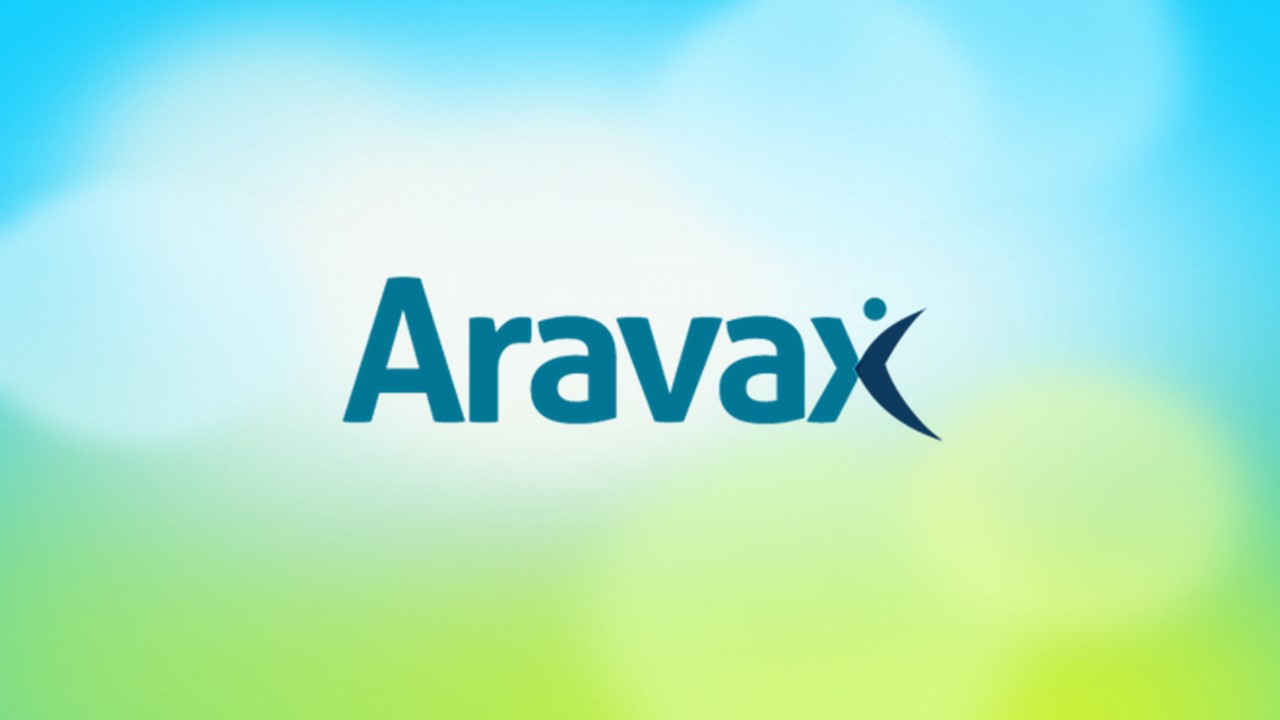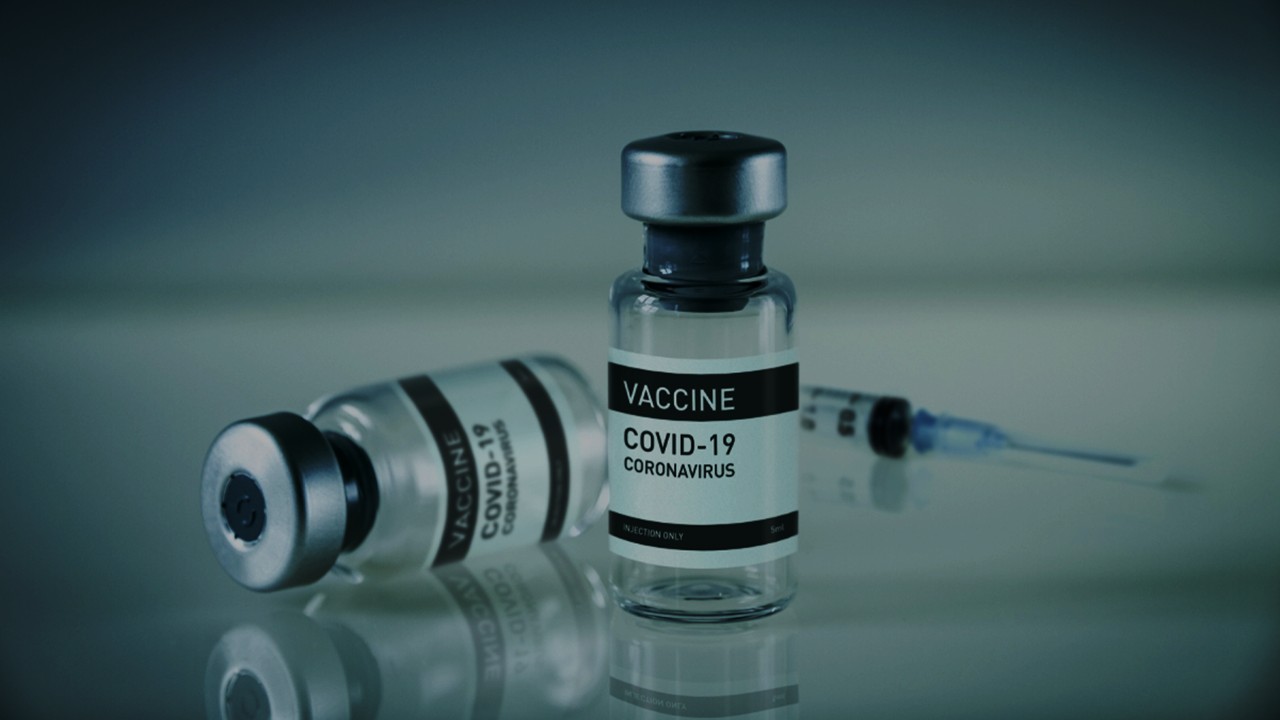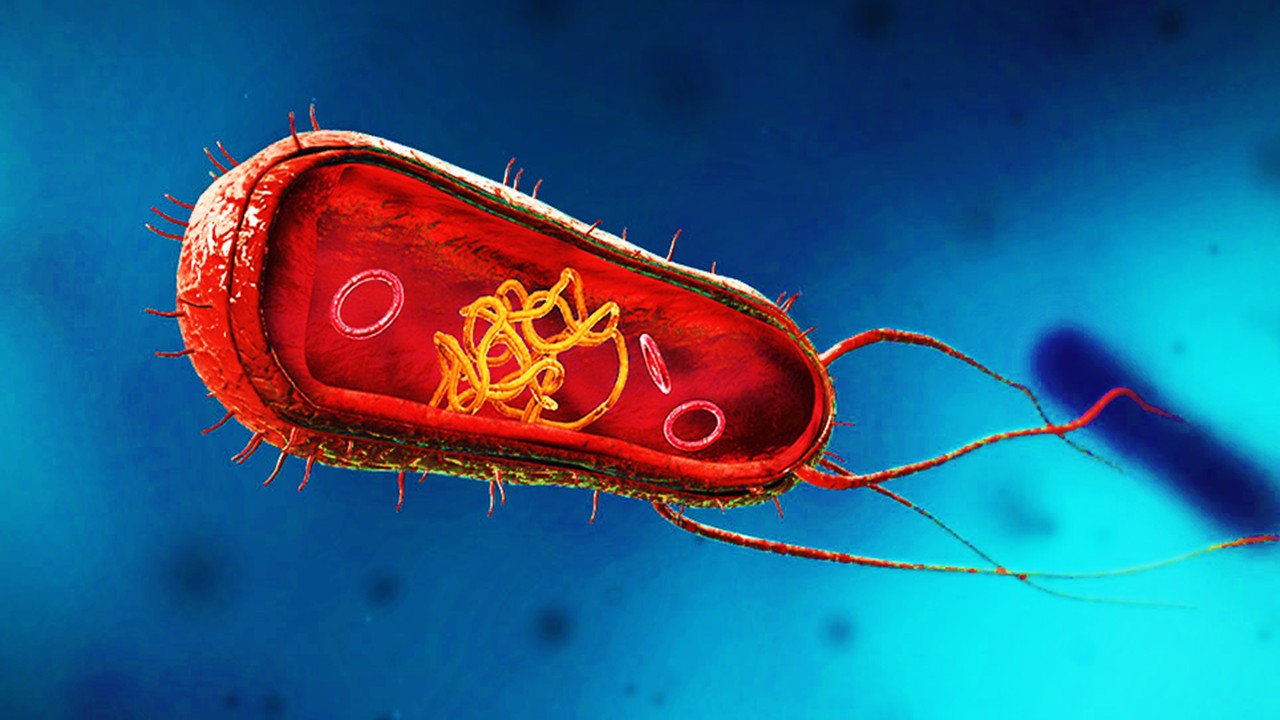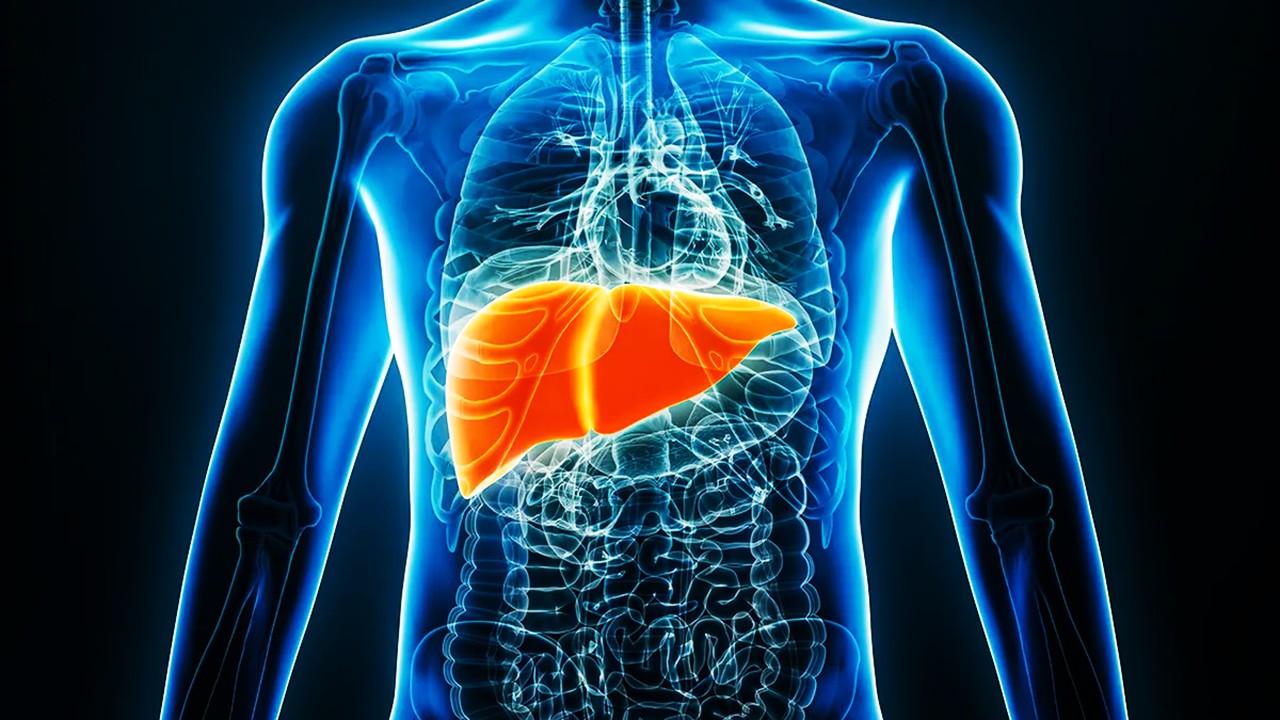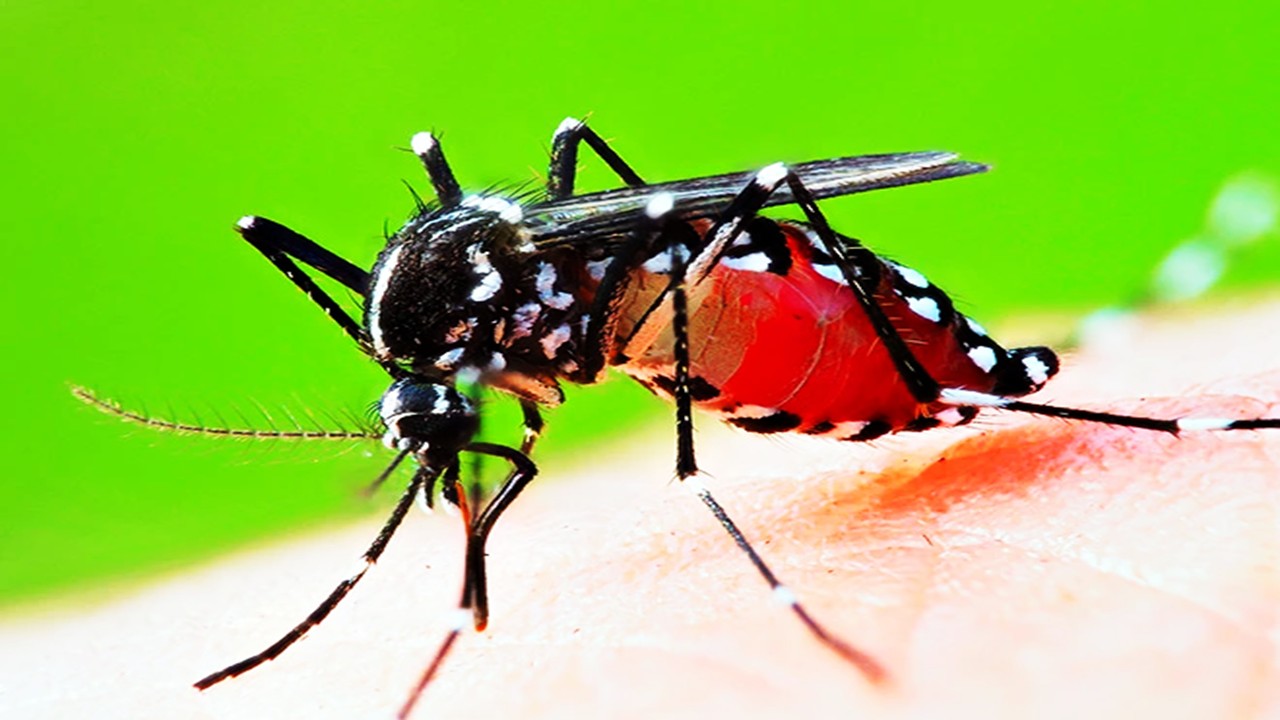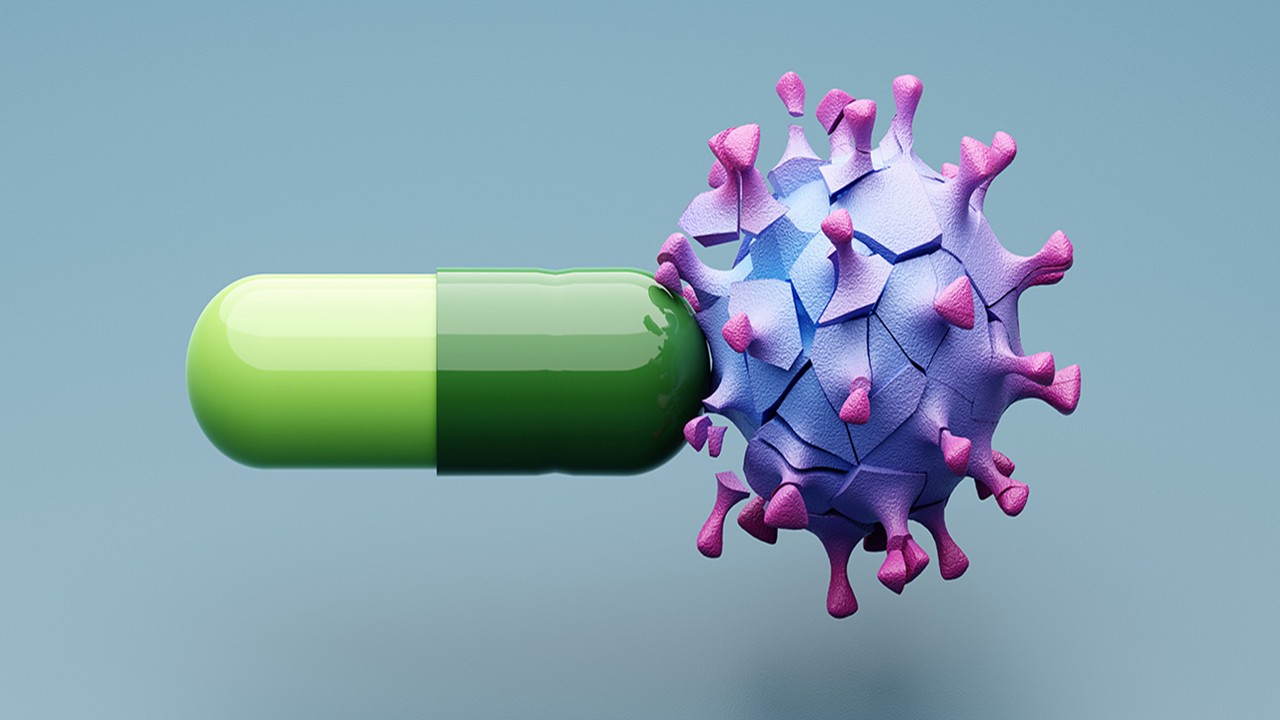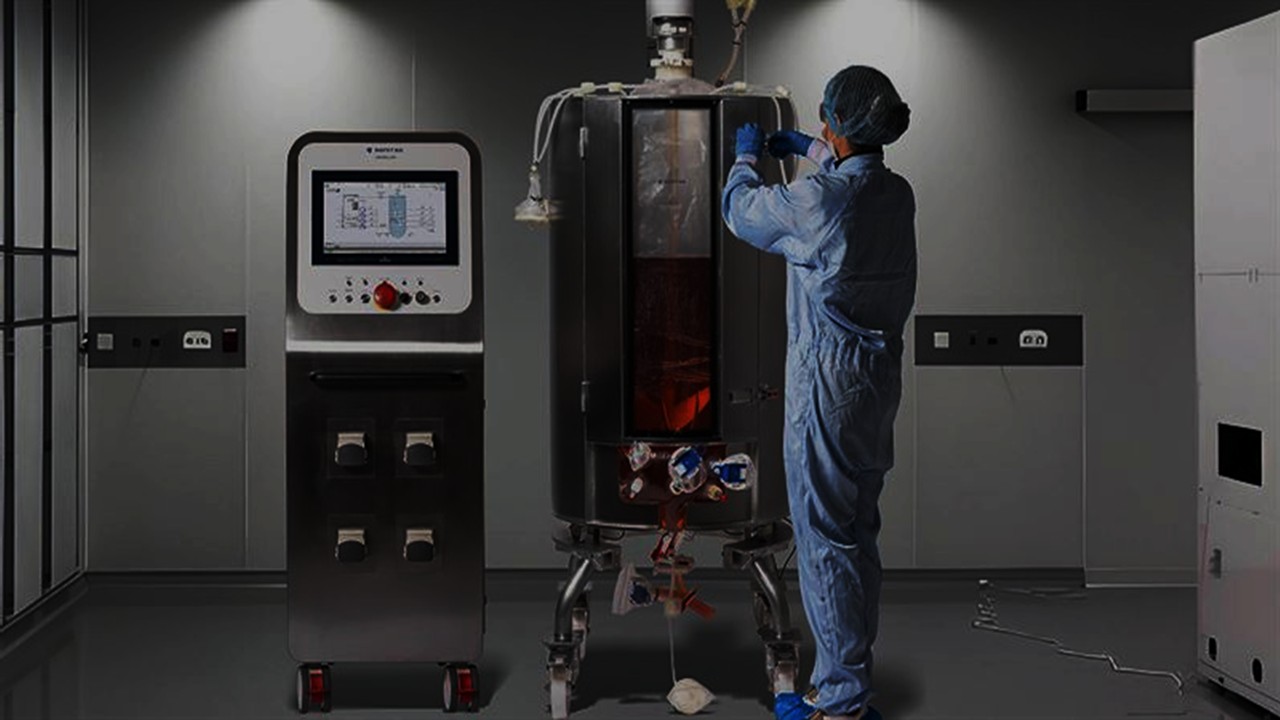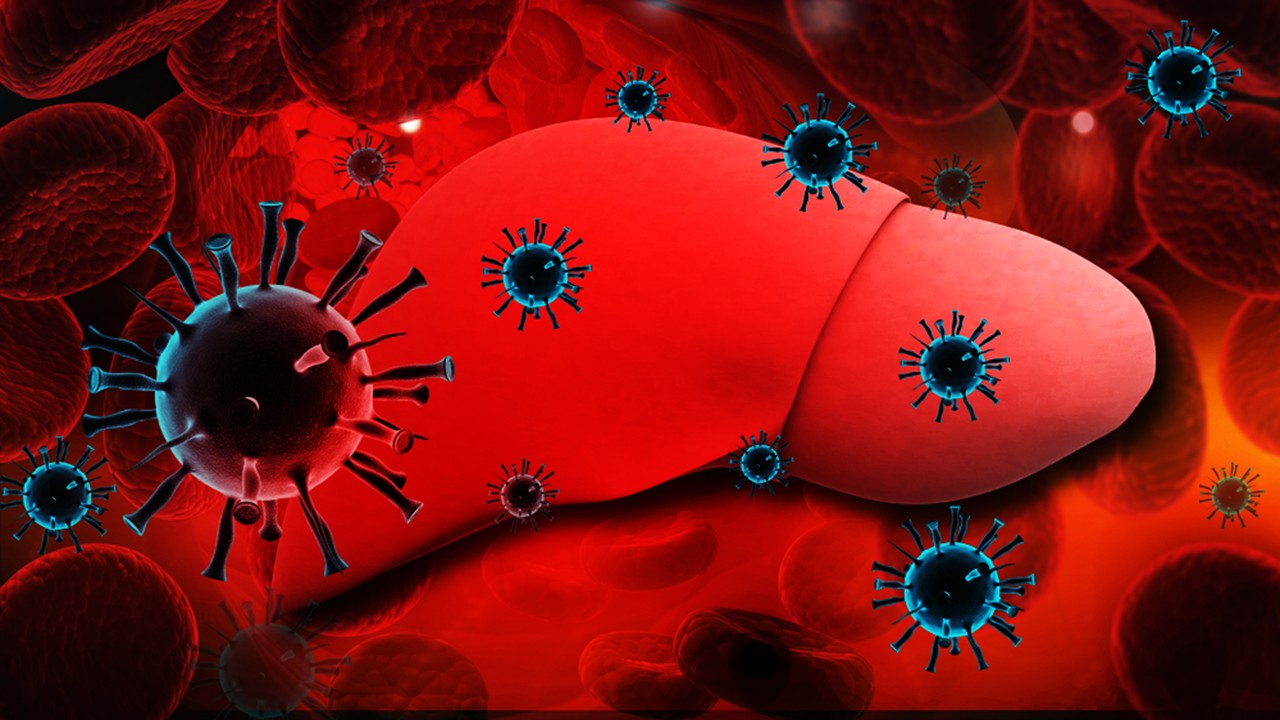Illumina and Deerfield work to advance AI-powered genomics drug discovery
05-May-2022
Illumina, one of the leading firms in genomics and DNA-based technologies, announced a new partnership with Deerfield Management, a pharmaceutical investment firm. The joint venture will involve a 5-year drug discovery informed by Illumina’s genetics technologies to tackle targets with unmet clinical needs. Deerfield hopes that Illumina’s cutting-edge genomics platform will lower research and development costs by filtering out candidates with lower probabilities of success earlier in the development pipeline. For candidates that prove successful, Deerfield will provide its own translational expertise to progress them through preclinical and clinical development as part of the agreement. The move is indicative of increasing AI adoption throughout pharma – particularly for R&D and drug discovery, in a bid to use novel technologies to slash development timelines and costs. Joydeep Goswami, Chief Strategy and Corporate Development Officer at Illumina, highlighted the potential of the venture for cost-reduction:
“Currently, drug discovery is difficult, expensive, and slow, with 90% of therapies failing in development due to gaps in the biological understanding of the complex nature of many diseases. Deerfield’s Vice President of Genetics and Genomics, Matt Nelson, showed in his foundational work that genetic-based targets can improve success rates, speed to market, and cost. Combined with Illumina’s expertise in applying artificial intelligence approaches to target discovery, we intend to drive a step-change in the pace and efficiency of therapeutic development.”
Amphista’s Attracts Pharma Giant Investment to Protein Degrader Platform
04-May-2022
Amphista Therapeutics, a globally leading firm working on targeted protein degradation, recently announced partnerships with Bristol Myers Squibb and Merck for drug discovery in the PROTAC field. The partnerships will be separate and aim to leverage Amphista’s proprietary Eclipsys targeted protein degradation platform. The partnership with BMS will involve an upfront payment of $30m, with the potential for up to $1.25b in milestone-associated payments, royalties and potential collaboration expansions. Similarly, the Merck partnership comes with a $44m upfront payment and up to $1b in total payments with additional royalties. The partnerships highlight the increasing interest in advancing targeted protein degradation treatment modalities from mainstream pharmaceutical players. The treatment modality has shown potential, with the first PROTAC candidates entering the clinic, and hinting at the possibility of bringing novel solutions to tackle undruggable targets. Nicola Thompson, CEO of Amphista, expressed similar sentiments in a forward-looking statement:
“Our collaboration with Bristol Myers Squibb is a powerful validation of our advances in TPD research and the capabilities of our Eclipsys next-generation TPD platform. Combining our expertise with Bristol Myers Squibb’s strong legacy and experience in the protein degradation space brings new promise to the potential of delivering more effective new treatment to patients seeking treatment options”
Mologic and Alamar Biosciences embark on joint work for a novel COVID-19 antigen test
04-May-2022
Mologic, part of the Global Access Health social enterprise and developer of lateral flow and rapid COVID tests, recently announced a partnership with Alamar Biosciences to innovate on their testing technologies. The partnership will see Mologic utilize Alamar’s novel antibodies against SARS-CoV-2 nucleocapsid protein. This will further improve on Mologic’s already cutting edge, high-affinity nucleoprotein antigen tests based on its lateral flow assay technology. COVID-19 tests with higher affinities and more precise specificities will be pivotal as we move towards living with COVID – as well as for preparing for future outbreaks. Similar feelings were expressed by Professor Paul Davis, Chief Scientific Officer & Co-Founder of Mologic:
“We are very pleased with the increased sensitivity attainable with Alamar antibodies, especially in view of the speed with which they can be developed. We look forward to continuing our collaboration to create the road map for unprecedented speed of response to new pandemic threats of whatever origin. Fast-track discovery and deployment of antibodies with the highest possible affinity and specificity will be the central pillar of this new Pandemic Preparedness, very much aligning with Mologic’s mission to better enable humanity to cope with the long-term presence of COVID-19.”
Eli Lilly Buys into Genesis Therapeutics’ AI Platform for $670m
03-May-2022
Genesis Therapeutics, a firm focusing on advancing AI-powered drug discovery efforts for targets with severe unmet clinical need, announced a collaboration with Eli Lilly for the discovery of up to five targets across a variety of therapeutic areas. Genesis will receive an upfront payment of $20m with a value of up to $670m when additional milestone and potential royalty payments are taken into consideration. The deal will see Genesis’ pioneering technology, combining 3D structure-aware deep neural networks with molecular simulations, leveraged by engineers and scientists from both companies to innovate first and best in class therapeutics. Genesis Therapeutics CEO, Evan Feinberg, highlighted the groundbreaking potential of the venture in a forward-looking statement:
“We are excited to join forces with Lilly and their world-class research and development teams to discover novel drugs for patients suffering with severe diseases. In our experience, partnerships thrive when both parties bring unique and complementary technologies and insights to the table. At Genesis, interdisciplinary teams of accomplished AI researchers, software engineers, chemists and biologists work closely together to push the boundaries of chemical machine learning and create novel therapies for protein targets that have evaded traditional discovery methods. We look forward to addressing critical areas of unmet medical need by combining the expertise of our respective organizations.”
Gilead scores NK engager technology in partnership with Dragonfly
02-May-2022
Gilead published plans for a new collaboration with Dragonfly Therapeutics in a bid to advance Natural Killer cell-based technology. Natural Killer cells are a part of the immune system that show involvement in both the innate and adaptive arms of the immune response, and have shown great potential as targets for cancer and autoimmune diseases – although the technology is not as developed as T-cell based modalities. As part of the agreement, Gilead will receive an exclusive license for Dragonfly’s DF7001, a 54T-targeting investigational immunotherapy. Additionally, Gilead will receive options for further options to commercialize and clinically develop subsequent NK-cell engager programs using the Dragonfly Tri-specific Engager (TriNKET) platform. Gilead’s Executive Vice President for Research, Flavius Martin, echoed the importance of including NK technologies in mainstream immunotherapy portfolios:
“We are excited to partner with Dragonfly as we expand our pipeline with innovative NK cell engager programs. Using our scientific framework to focus our efforts, we are growing our portfolio with assets that have complementary MOAs and strong scientific rationale for combination opportunities.”
Nick Zoukas, Former Editor, PharmaFEATURES
Subscribe
to get our
LATEST NEWS
Related Posts
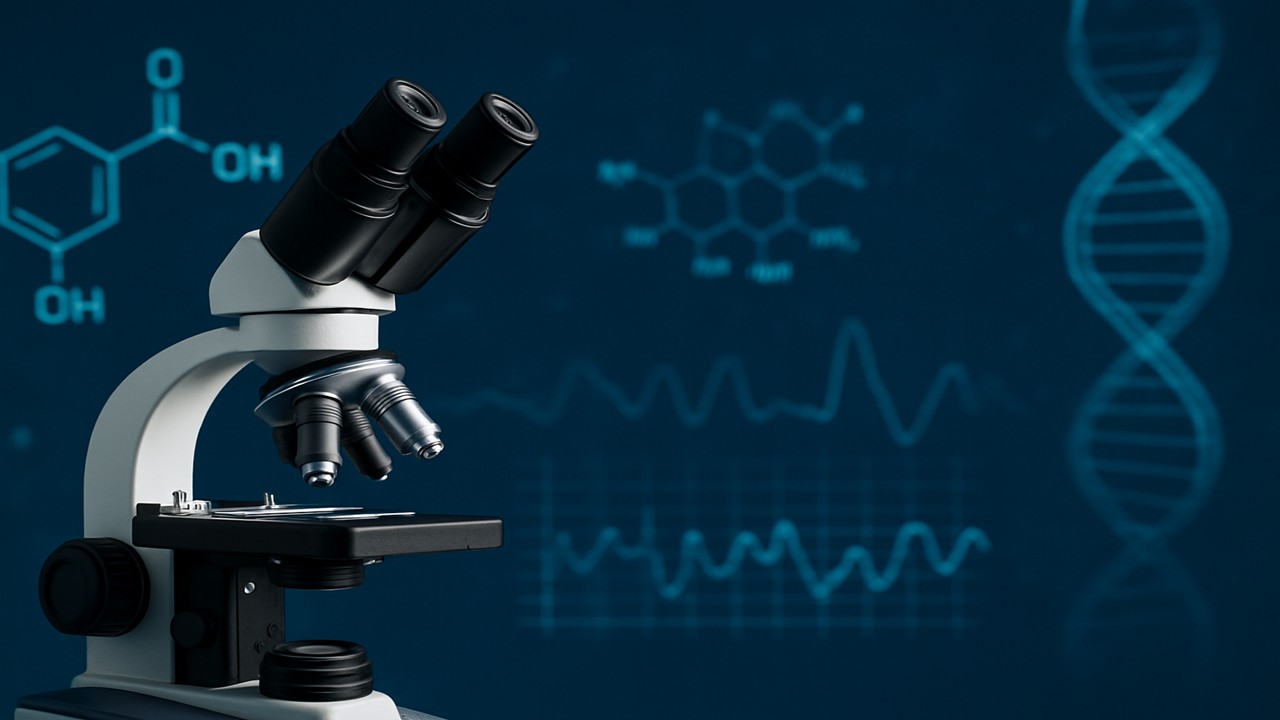
Leadership, Trends & Investments
Where Strategy Meets Science: Inside Proventa International’s Life Science Roundtables
Proventa International’s expert curation of strategy meetings is quietly shaping the future of biotech and pharma, one roundtable at a time.
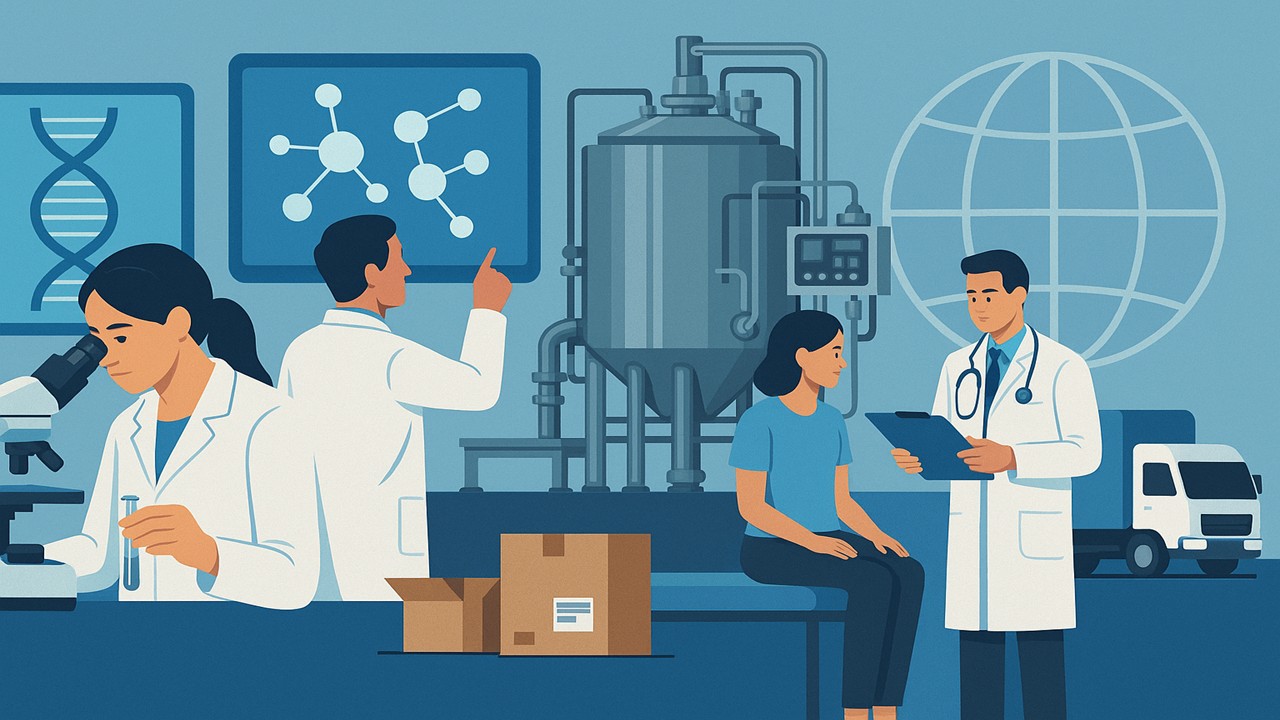
Leadership, Trends & Investments
Bridging Lab, Clinic, and Supply: The New Era of Pharma Operations
No More Silos: Integrating Science and Supply In a pharmaceutical landscape transformed by pandemics and personalized medicine, the walls between lab research, clinical trials, and logistics are coming down. A decade ago, teams handling Chemistry, Manufacturing, and Controls (CMC) focused on producing compounds after clinical success, while clinical operations (ClinOps) ran trials largely in isolation. […]
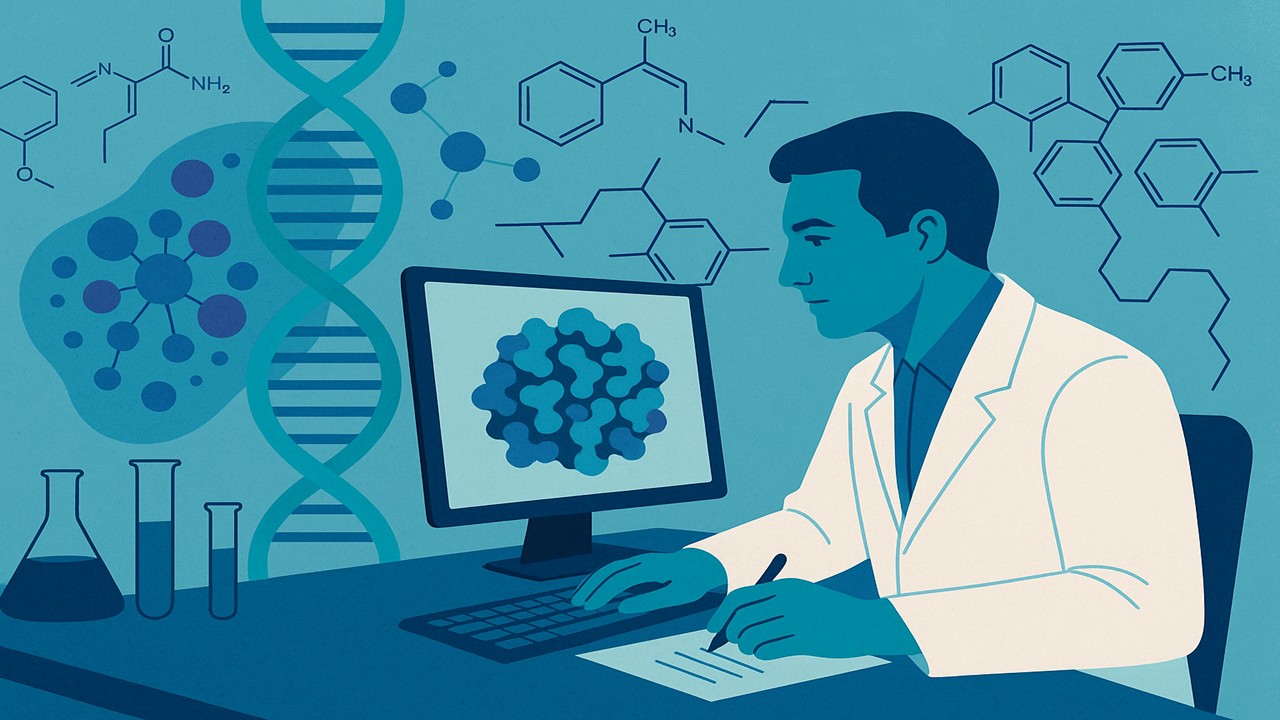
Leadership, Trends & Investments
Chemists, Code, and Cures: The New Era of Drug Discovery
The Evolving Landscape of Drug Discovery In a gleaming pharmaceutical lab in 2025, a medicinal chemist might spend the morning reviewing molecular designs suggested by an artificial intelligence and the afternoon discussing genetic screen results with a biologist. The search for new medicines has evolved into a high-tech endeavor that would have seemed like science […]
Read More Articles
Mini Organs, Major Breakthroughs: How Chemical Innovation and Organoids Are Transforming Drug Discovery
By merging chemical innovation with liver organoids and microfluidics, researchers are transforming drug discovery into a biologically precise, patient-informed, and toxicity-aware process.
Tetravalent Vaccines: The Power of Multivalent E Dimers on Liposomes to Eliminate Immune Interference in Dengue
For the first time, a dengue vaccine candidate has demonstrated the elusive trifecta of broad coverage, balanced immunity, and minimal enhancement risk,




